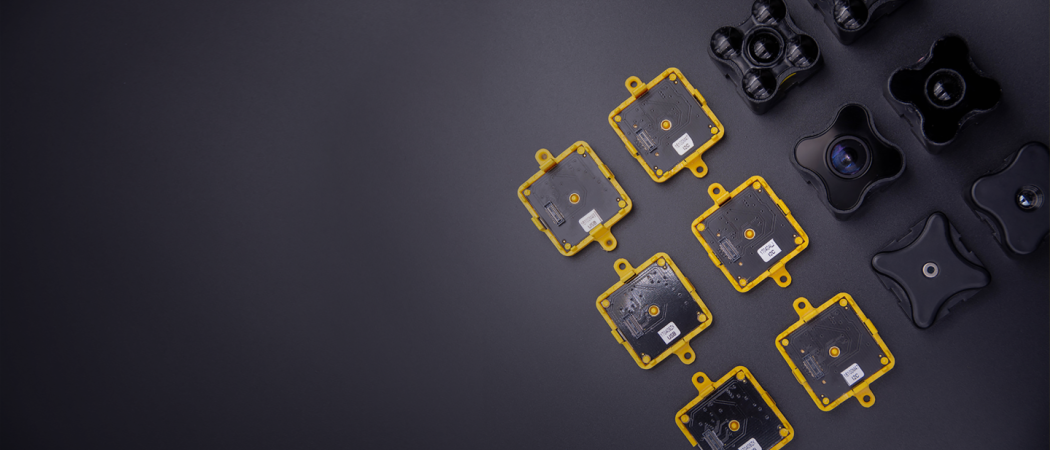
Compact sensor modules developed by Terabee, using CERN Technology. (Image: Terabee)
As part of its knowledge-transfer mission, CERN encourages and supports the creation of companies that seek to build on its technologies and thus make CERN’s technological research available to society. In order to clarify how the Organization supports companies established to use CERN technologies (spin-off companies), CERN adopted the CERN Spin-off Policy in August 2018.
The CERN Spin-off Policy complements the Policy on the Management of Intellectual Property (the CERN IP Policy), adopted in 2010.
The CERN Spin-off Policy summarises the framework of CERN’s support to spin-off companies, in terms of technology licensing, financial benefits and the use of CERN’s facilities and labels. It also details the Knowledge Transfer (KT) group’s role and the possible ways in which CERN personnel can be involved in spin-off companies and, by extension, in other types of commercial activity.
In addition to having access to CERN technology, spin-off companies qualify for technical support as well as access to equipment and infrastructure, subject to the availability of resources and the constraints of CERN’s international legal status. Access to the technology is granted through licence agreements that can cover different types of IP, as established by the CERN IP Policy.
These licence agreements detail, for example, the financial terms and conditions, the field-of-use limitations and the commitment to ensure all reasonable efforts are made to bring the technology to market. These are clauses that will typically be discussed in greater detail by the spin-offs’ teams and the CERN KT group.
Even though spin-offs are not exclusively established by CERN personnel, one way that knowledge transfer happens is through CERN personnel founding or working with spin-off companies. As such, the individual involvement of members of the personnel in spin-off companies should follow the terms of the Spin-off Policy and IP Policy. For example, employed members of personnel (MPEs) and associated members of personnel (MPAs) must ensure that the proposed spin-off-related activity does not give rise to any potential conflict of interest. CERN personnel are also required to disclose to the KT group any equity or other interest they hold in a spin-off company, as well as any financial or other form of compensation they receive.
The steps to obtain the appropriate authorisation for each type of involvement of CERN personnel are detailed in the CERN Spin-off Policy. The KT group may also offer advice on this subject.
The Spin-off Policy also introduces a new leave scheme, whereby an MPE, in the final months of employment with CERN, who can substantiate to the Head of the KT group a realistic and promising business plan for a spin-off company, may request authorisation for special leave for professional reasons to establish or join a spin-off company.
CERN’s KT group offers support on this matter, by advising all parties interested in setting up a spin-off company on the terms of CERN’s knowledge-transfer policies.
Since CERN provides access to its network of incubators and entrepreneur-minded individuals, the KT group might also be the point of contact for the spin-off companies to the network of Business Incubation Centres (BICs). The network aims at supporting the creation and development of companies in technical fields related to CERN’s areas of expertise.
For more information, please consult the CERN Spin-off Policy.





 A unique international forum for public research organisations and companies to connect their external engagement with strategic interests around their R&D system.
A unique international forum for public research organisations and companies to connect their external engagement with strategic interests around their R&D system.